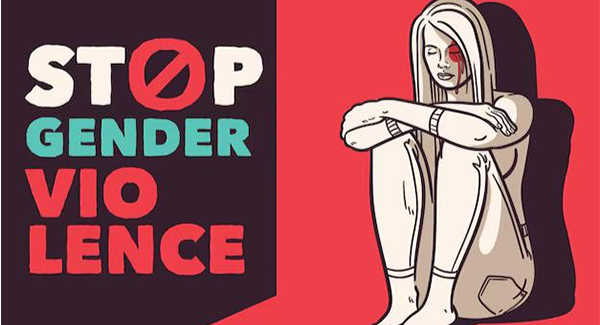Brutality and Tradition: The Fight Against Gender Violence in Kenya
In recent weeks, Kenya has been shaken by two harrowing incidents that have ignited national outrage and underscored the urgent need to confront and eradicate harmful cultural practices and gender-based violence (GBV).
The brutal murder of 17-year-old Gaala Aden Abdi in Wajir County and the violent assault of a grieving widow in Nyabisimba village, Nyamira County, have brought to the forefront the pervasive violations of women's and children's rights within certain cultural contexts.
Gaala Aden Abdi, a 17-year-old refugee from the Dadaab Refugee Camp, met a horrific fate after being forcibly married to 55-year-old Mohamed Kassim Tifow.
On February 23, 2025, under the cover of darkness, Gaala was taken from her home in Dagahley camp and transported approximately 150 kilometers to the remote village of Wara Ademasajida in Habaswein, Wajir County, where she met her husband for the first time. Her resistance to the marriage led to relentless beatings and, ultimately, her death after 27 days of captivity.
In a desperate voice recording sent to her mother before her demise, Gaala detailed the abuse she endured. On the night of March 22, 2025, Gaala made a final, frantic call to her family, expressing fear for her life.
Hours later, her body was discovered outside a rental house, burned beyond recognition. A post-mortem examination revealed she had sustained 100-degree burns from an open flame, along with spinal injuries .
In a separate incident on March 21, 2025, a widow in Nyabisimba village, Nyamira County, was subjected to a violent assault during her estranged husband's burial.
A disturbing video circulating on social media depicts the woman being physically attacked by several men attempting to force her to perform a customary burial ritual, which involves throwing a handful of soil into the grave as a final farewell. Her refusal led to public humiliation and physical abuse.
The widow, who had been separated from her husband, returned to her matrimonial home to allow her children to bury their father.
However, tensions escalated when she declined to participate in the ritual, resulting in the assault captured on video. Three suspects have since been arrested in connection with the incident and are awaiting arraignment.
These incidents have sparked widespread condemnation from various organizations and leaders. The National Gender and Equality Commission (NGEC) expressed outrage over Gaala's murder, emphasizing that it represents a severe violation of the rights of women, children, and refugees. NGEC Chairperson Rehema Jaldesa stated:
"The brutal murder of Gaala Aden Abdi represents a horrific violation of the rights of women, children, and refugees. We demand a thorough and swift investigation into this crime, with those responsible being held accountable to the fullest extent of the law."
Addressing GBV and dismantling harmful cultural practices require a multifaceted approach that includes legal enforcement, public education, and community engagement. Empowering communities to challenge and abandon retrogressive customs is crucial. Educational campaigns can raise awareness about the detrimental effects of such practices and promote gender equality.
Moreover, providing support services for victims, including counseling and legal aid, can encourage reporting and assist in the healing process. Collaboration between government agencies, civil society organizations, and community leaders is essential to create an environment where the rights and dignity of all individuals are upheld.


Comments